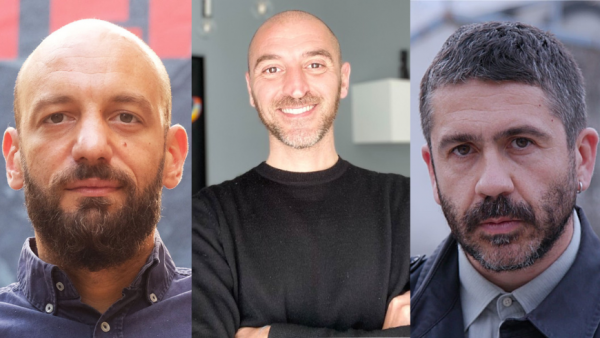Meeting at their annual General Assembly on 6 June 2009 in Helsinki, Finland, IPI members expressed concern at the worsening press freedom climate in Venezuela, and in particular at the ever more frequent harassment of television network Globovision and its employees.
Venezuela’s independent and largely pro-opposition media have long been subjected to extreme pressure from President Hugo Chavez’s administration.
Recent years have seen concerted efforts by the government to control the media, including the introduction of legislation used to bully broadcasters, efforts to amend the constitution to give authorities enhanced legal powers to take direct control of the press, and the forced closure of Venezuela’s most popular independent television broadcaster, RCTV.
In 2009, pressure on the independent media increased further.
Verbal attacks on Globovision, the country’s last independent broadcaster, culminated in government threats to close the station and in a heavy-handed raid on the property of the company’s chairman, Guillermo Zuloaga. Venezuelan officials have frequently accused Globovision of broadcasting false reports, recently saying it incited panic for reporting on the government’s slow response to an earthquake.
Furthermore, the state continues to single out individual journalists for their reporting, including investigative reporter and popular columnist Nelson Bocaranda, who faces criminal defamation charges for reports that criticise politicians.
IPI members call on Venezuelan authorities to cease their threats against the media, to drop charges against outspoken journalists, to scrap laws designed to impede free speech, and to adhere to the principles of liberty of expression outlined in Article 10 of the Universal Declaration of Human Rights.


